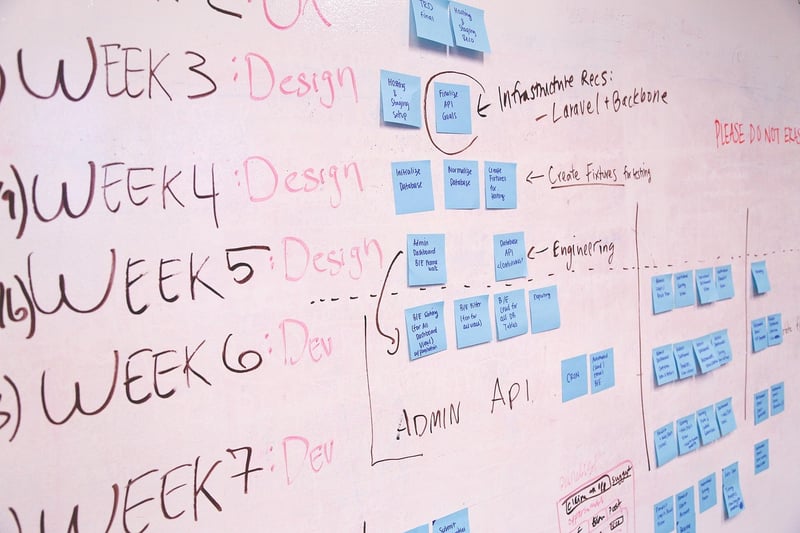Timeline Planning
Helpful Suggestions for Effective Timeline Planning
Introduction
Creating a well-structured timeline is essential for successfully managing projects and tasks. Whether you are planning a personal project, organizing an event, or overseeing a team's work, effective timeline planning can help you stay on track and meet your goals. Here are some helpful suggestions to optimize your timeline planning process.
1. Define Your Goals
Start by clearly defining your project or task goals. Understanding what you want to achieve will help you determine the necessary steps and milestones to include in your timeline.
2. Break Down Tasks
Break down your project into smaller tasks or activities. This will make it easier to assign responsibilities, estimate timeframes, and track progress throughout the timeline.
3. Set Realistic Deadlines
Avoid setting unrealistic deadlines that can lead to stress and poor quality work. Be realistic about the time needed for each task and consider any potential challenges or delays that may arise.
4. Use Visual Tools
Visual tools such as Gantt charts or project management software can help you create and visualize your timeline effectively. These tools allow you to map out dependencies, allocate resources, and monitor progress easily.
5. Prioritize Tasks
Identify critical tasks that are essential for the project's success and prioritize them in your timeline. This will ensure that important milestones are met on time and within budget.
6. Include Buffer Time
Build buffer time into your timeline to account for unexpected delays or revisions. Having extra time cushioned in your schedule can help you manage risks and handle unforeseen circumstances.
7. Communicate and Collaborate
Keep all stakeholders informed about the timeline, progress, and any changes that may impact deadlines. Effective communication and collaboration are key to ensuring everyone is aligned and working towards the same goals.
8. Review and Adjust
Regularly review your timeline to track progress, identify bottlenecks, and make necessary adjustments. Be flexible and willing to adapt the timeline as needed to accommodate changes or new priorities.
Conclusion
By following these helpful suggestions and incorporating them into your timeline planning process, you can improve project management efficiency, meet deadlines effectively, and achieve successful outcomes. Remember that effective timeline planning is a continuous process that requires attention to detail, communication, and adaptability.

For more tips and resources on project management and timeline planning, visit ProjectManager.com.
